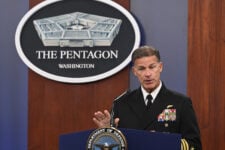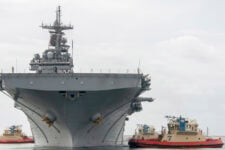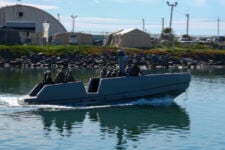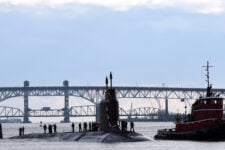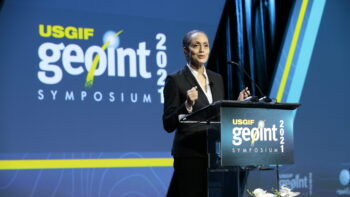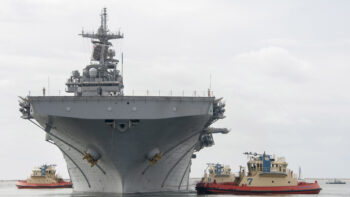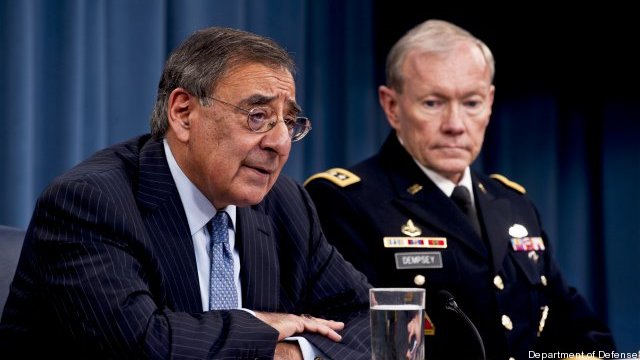
WASHINGTON [updated at 3:10 pm with comment from Heritage Foundation’s Steven Groves] : The Defense Department made a big push to break three decades of stalemate on the Law of the Sea, with Secretary Leon Panetta and Chief of Joint Staff Gen. Martin Dempsey staging a rare joint appearance today to urge the Senate to approve the long-stalled treaty. Conservatives have stymied ratification since 1982, when President Reagan rejected the initial version of the pact, but Panetta took on their central argument by declaring that ratification would expand US sovereignty at sea, not limit it:
“Not since we acquired the lands of the American West and Alaska have we had such an opportunity to expand U.S. sovereignty,” Panetta said in his speech to the Atlantic Council of the United States. “Accession would help lock-in a truly massive increase in our country’s resource and economic jurisdiction, not only to 200 nautical miles off our coasts, but to a broad continental shelf beyond that zone.”
“It’s a specious argument,” retorted Heritage Foundation fellow Steven Groves, who spoke to Breaking Defense after attending the speech. (“There were no minds to change in the room,” Groves said. “With the exception of myself, everyone else that was at this invitation-only conference were already the converted.”) The US already has sovereignty over the full continental shelf, Groves argued, most critically in that it collects royalties from oil and gas exploration there — royalties the treaty would force it to share with developing nations. The US doesn’t need any new authority to keep doing what it’s been doing, Groves said: “If we need an international convention to point to, we have the 1958 Convention on the Continental Shelf.”
Panetta and Dempsey also noted that 160 nations have already signed the treaty, including every other permanent member of the UN Security Council and every other nation bordering the Artic Sea — an area of expanding concern as climate change melts the ice and opens new access for navigation and oil exploration alike. Holdouts include the US and Iran.
Senior Pentagon officials past and present have routinely urged ratification of the Law of the Sea Treaty, with Chief of Naval Operations Adm. Jonathan Greenert and Coast Guard Commandant Robert Papp doing so recently at the Navy League’s Sea-Air-Space convention. Today’s double-barreled endorsement, though, goes beyond the usual pro forma mentions. It’s an open question whether the White House really thinks it can nudge this issue after 30 years.
“All of the signs point towards Sen. Kerry taking the treaty up before his committee as chairman of Foreign Relations,” said Groves, but getting debate time before the full Senate, let alone the 67 votes required to approve ratification, “that’s a pretty heavy lift in the middle of a presidential campaign year. It’s a heavy lift during any time,” Groves said. “That said, I expect another fight, and we look forward to it.”
Defense companies keep up momentum on share repurchases, despite Navy leader’s criticism
Capital Alpha Partners found that buy back amounts at defense contractors were higher this financial quarter for all but only four others since March 2011.




